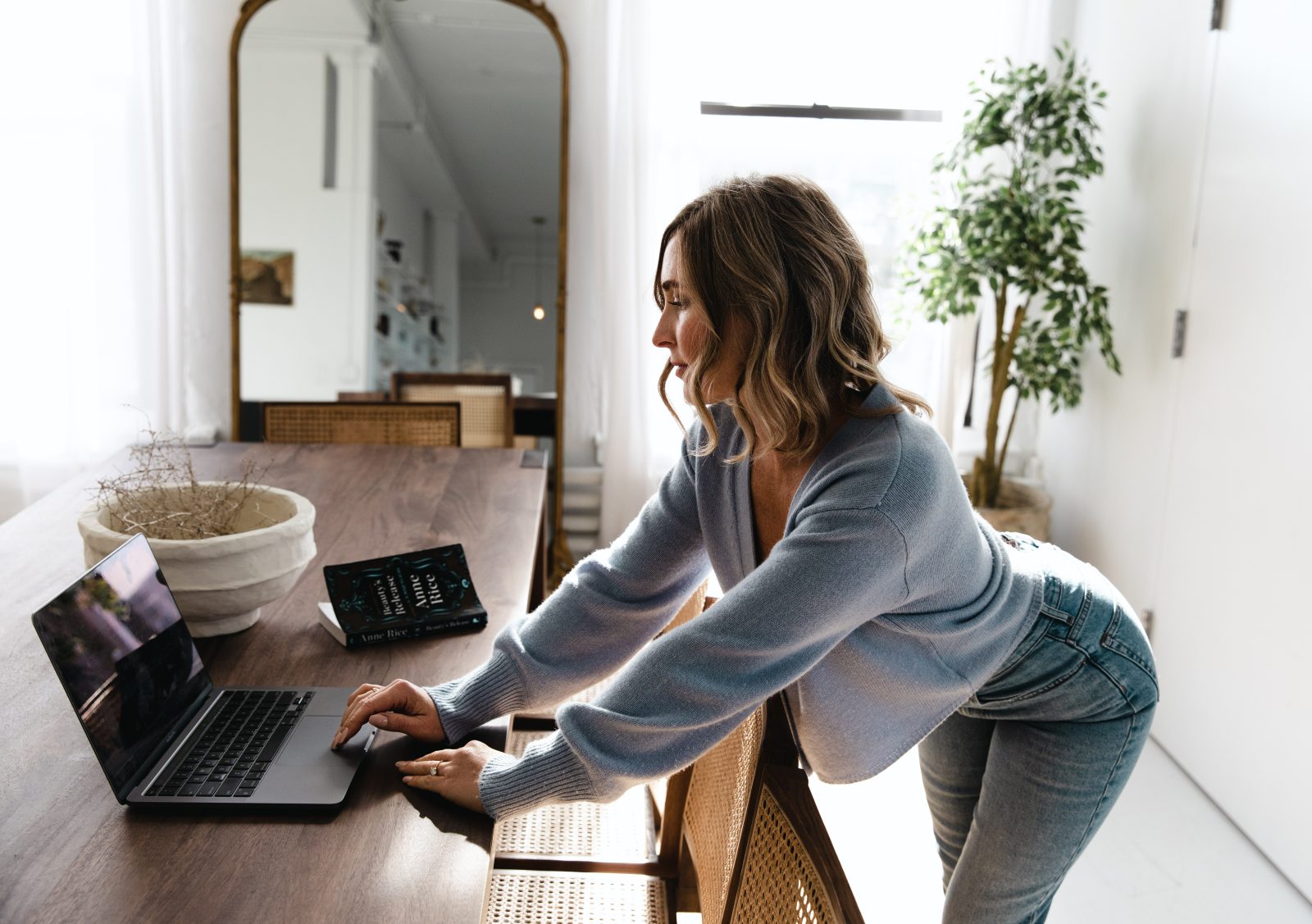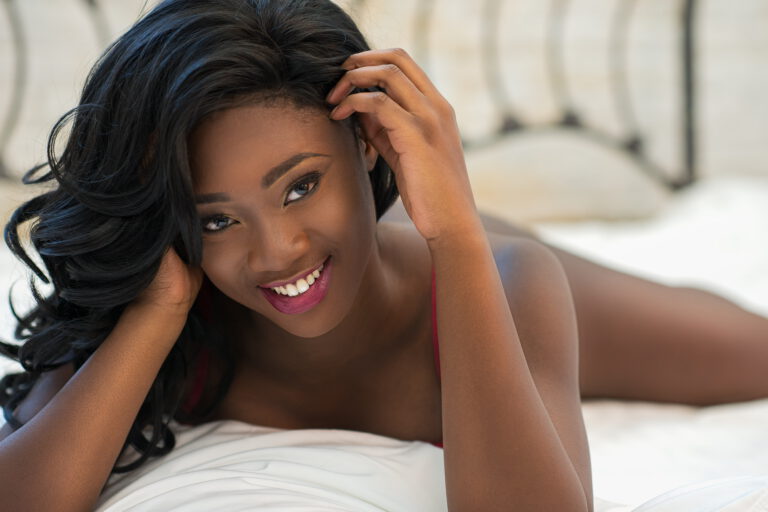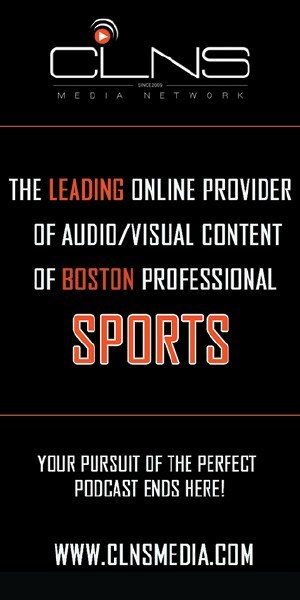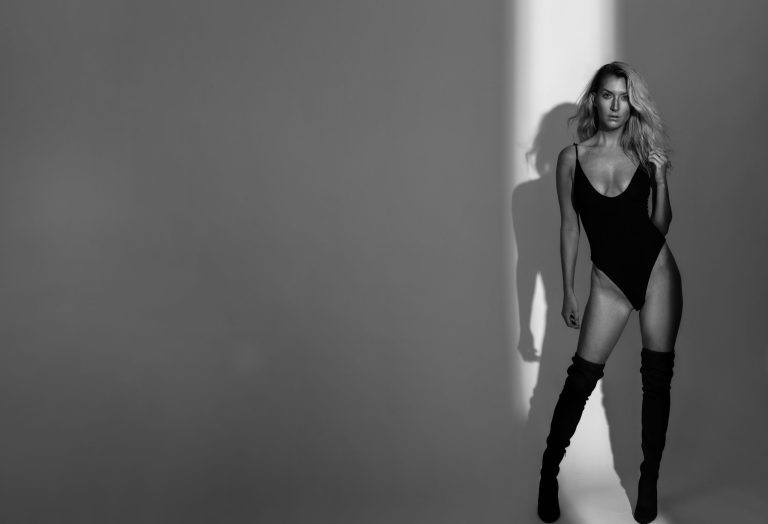DO YOU have a clear sense of your boundaries? Or do you struggle to identify that a boundary has been crossed until later — after the point you feel exhausted, resentful or shut down? If you do have a clear sense of your boundaries (go you!), do you know how to communicate them in a way that brings other people closer to you? Or do you feel like you’re pushing people away?
Many of us were raised on the misconception that having boundaries was bad. Of course, it’s much more nuanced than this, but hear me out.
Maybe we received love when we did things the “right” way — i.e., the way we were told — and punishment when we put our foot down. Maybe we were forced to wear things we didn’t want to wear, or eat things we didn’t want to eat, or hug people we didn’t want to hug, or come out of our room before we were ready…
Eventually, we learned that the way to get love and connection, and keep the peace, was to adhere to what others wanted or expected of us, rather than what felt true in our own bodies.
I’ve been working on my personal and professional boundaries for years. From how much I say yes to, to how I honor my limits and needs in all different types of love relationships – romantic, platonic, familial. And as a recovering people-pleasing, setting boundaries has not always come easy.
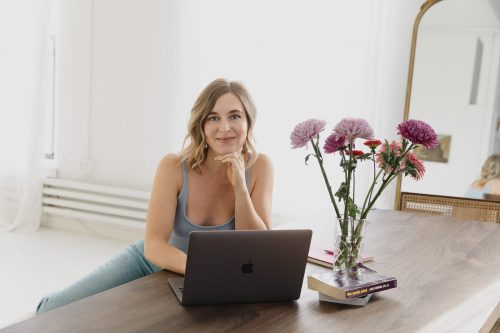
While my journey with acknowledging and expressing my boundaries over the years has been wrought with tears and frustration, it has also been empowering. And there is one tool that took my understanding and application of boundaries to the next level: Boundary Mapping.
I learned Boundary Mapping from Celeste and Danielle, my teachers at Somatica® Institute for Sex & Relationship Coaching. The first time I did the exercise in class I had a major “a ha” moment. Yes, all the years of inner work had helped me become aware of my feelings and needs, but even still I was allowing some of my boundaries to be crossed (which the perfectionist in me didn’t like one bit) – hello frustration and resentment!
With a few simple boundary mapping and communication tools, I have a clearer grasp on my unique capacities and am able to be way more self-honoring. And as a result I feel more available for and closer to the people in my life.
So, what is boundary mapping? Boundary Mapping helps us answer the question: How do I know when my boundaries have been crossed? It’s a tool that helps us rediscover our embodied boundaries by mapping the sensations, feelings, thoughts, and impulses we have when our boundaries are being crossed.
When we can track our boundaries in real time, we can start communicating them more clearly. And clear, loving boundaries are the key to vulnerability and connection that’s missing in so many relationships.
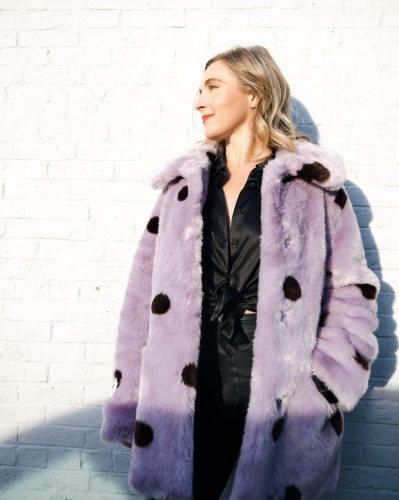
So what exactly are boundaries anyways? We all have a unique set of capacities and limits, and our boundaries are how we communicate and enforce those limits. To better understand the qualities that boundaries can take, we can break them down into 3 categories: porous, rigid and healthy.
Indicators of Porous Boundaries:
- Chronically busy, over scheduled, tired
- Feel like your voice isn’t being heard – sometimes feel like a doormat
- Fear rejection, criticism, disapproval; conflict avoidant
- Trust people too quickly – before they have given you a reason to trust them
- Feel guilty often (when you’ve done nothing wrong, such as taking time for yourself)
Indicators of Rigid Boundaries:
- Don’t believe in second chances
- Things need to be done your way – e.g., you don’t trust other people to do things for you for fear they won’t do it right.
- Surface level or lopsided relationships – e.g., you have trouble being vulnerable, you’re always “the rock” or listener.
- Often feel alone or misunderstood
Indicators of Healthy Boundaries:
- Know where you end and others begin (emotionally, energetically)
- Clear sense of your needs and preferences, with the ability to be flexible and try new things
- Say no without guilt
- Ask for what you need/want
- Space in your life for self-care and joy
IN the simplest terms, boundaries help us protect ourselves and connect with other people. When we overextend ourselves to take care of someone else, we eventually feel resentful or shut down from that person, which disrupts the connection. In this way, you can see how healthy boundaries actually help to deepen connection.
Healthy Boundaries help to…
- Boost self-worth and self-esteem
- Prevent burnout
- Provide a sense of identity (feelings, values, limits, needs, desires)
- Bring the focus to you and your well-being (especially important for caretakers and people pleasers)
- Create stronger, more honest, supportive and authentic relationships
YOU get to decide when and with whom you have porous, rigid or flexible boundaries. And there is certainly a time and place for both rigid and porous boundaries.
Chances are your boundaries take different forms depending on who you’re with, how you’re feeling, and what you need.
Remember, your boundaries will never be perfect, and that’s not the goal (sayonara perfectionism!!). Your unique boundaries are an important part of your story. Sharing them in a loving and connected way means sharing yourself. And the world needs more of YOU.
If you resonated with any of the signs of rigid or porous boundaries above, check out my free Masterclass: Boundary Mapping to Know & Express Your Boundaries at https://bit.ly/boundary- mapping. By simply watching and receiving what I have to teach, you will feel more attuned to your unique boundaries and empowered to express them.
***
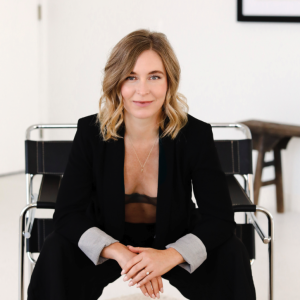
Whether it’s through boutique coaching, intimate groups, transformational workshops or her writing, Allie Andrews helps individuals and couples have better sex and feel happier and more secure in themselves and their relationships. Allie is a Somatica® trained Sex and Relationship Coach, Certified Holistic Health Coach and Certified Yoga Teacher with her Masters in Education. She recently moved to Portland, Maine from Boston with her partner Ryan and tabby cat Bindi. You can learn more at www.allie-andrews.com and connect with Allie on Facebook and Instagram @iamallieandrews.

